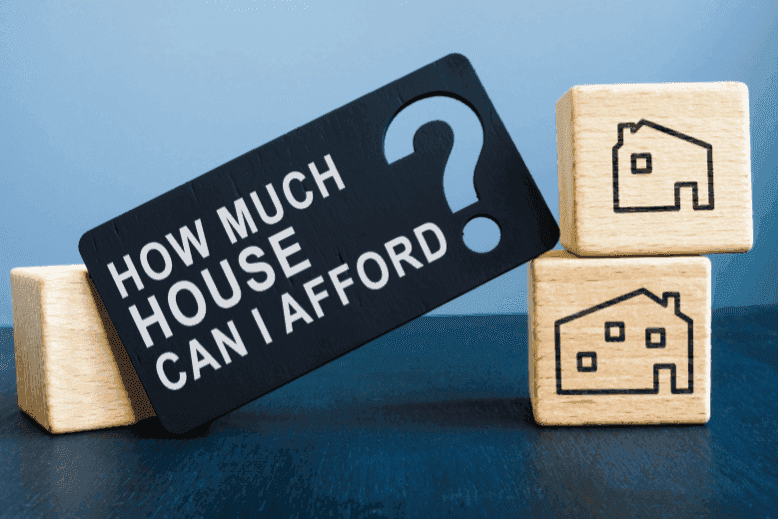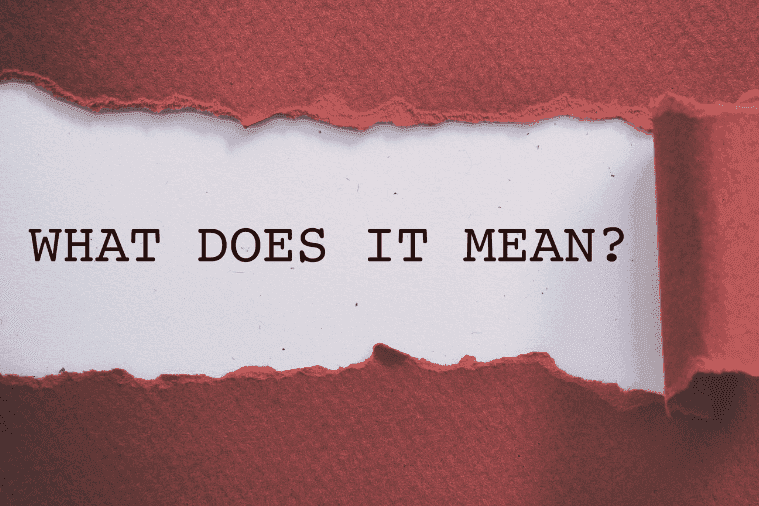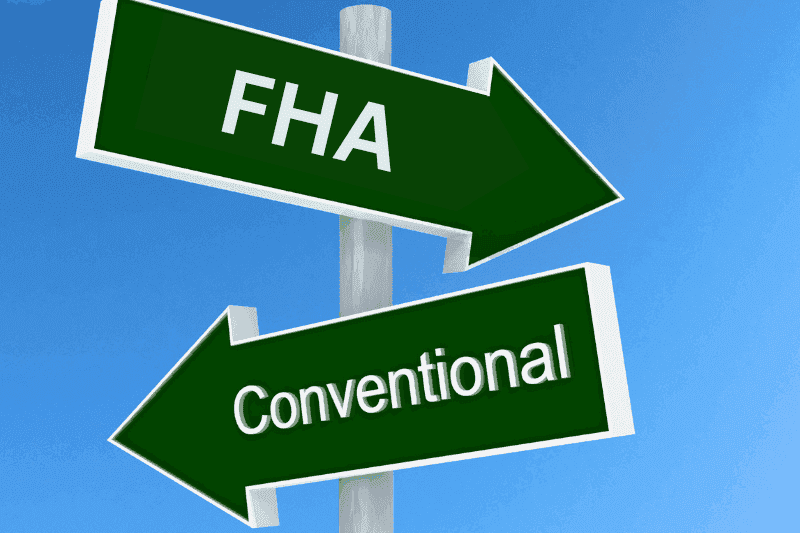Mortgage Basic
How Much Can I Afford

Understanding how much home you can afford is a crucial step in the homebuying process. FHA loans are designed to make homeownership accessible by offering more flexible financial requirements than conventional loans. However, determining your affordability involves analyzing your income, debt, and monthly expenses. Let’s break it down into simple terms so you can plan confidently.
When applying for an FHA loan, lenders look at two main factors:
- Housing Ratio (Front-End Ratio): This is the portion of your gross monthly income allocated to housing expenses, including your mortgage payment, property taxes, and homeowners insurance (referred to as PITI). FHA guidelines recommend keeping this ratio at or below 31% of your gross monthly income.
- Debt-to-Income Ratio (DTI or Back-End Ratio): This includes your total monthly debt payments (housing expenses plus other debts like car loans, credit cards, or student loans). FHA guidelines allow a DTI ratio of up to 43%, though some exceptions can push this limit higher based on your financial profile.
Let’s look at some straightforward examples:
Scenario 1: Front-End Ratio (Housing Costs)
- Gross Monthly Income: $4,000
- Maximum Housing Expenses (PITI): $4,000 x 46.99% = $1,879.60
This means your monthly mortgage payment, including principal, interest, taxes, insurance, and HOA should not exceed $1,879.60.
Scenario 2: Back-End Ratio (Total Debt Costs)
- Gross Monthly Income: $4,000
- Maximum Total Monthly Debts: $4,000 x 56.99% = $2,279.60
- Remaining Budget for Other Debts: $2,279.60 - $1,879.60 (PITI) = $400
In this example, you can afford $400 per month for additional debts like car payments, credit cards, or student loans.
Compared to conventional loans, FHA loans offer more flexibility for borrowers because they are insured by the Federal Housing Administration. They accommodate higher DTI ratios, making it easier for individuals with existing debts or lower incomes to qualify. This is especially beneficial for first-time homebuyers or those with significant student loans or other financial obligations.
Determining how much you can afford involves more than just calculations. Factors like local property taxes, homeowners insurance rates, and your credit score can impact affordability. A mortgage broker like Vision Home Mortgage can simplify this process. We’ll analyze your financial profile, guide you through the numbers, and help you find the right FHA loan for your budget and goals.
Affordability Starts with Understanding
FHA loans offer incredible opportunities for homebuyers, but understanding how much you can afford is key to making a confident purchase. By focusing on housing ratios and total debt, you can establish a clear budget. Let Vision Home Mortgage guide you every step of the way, ensuring you make informed decisions on your path to homeownership.




